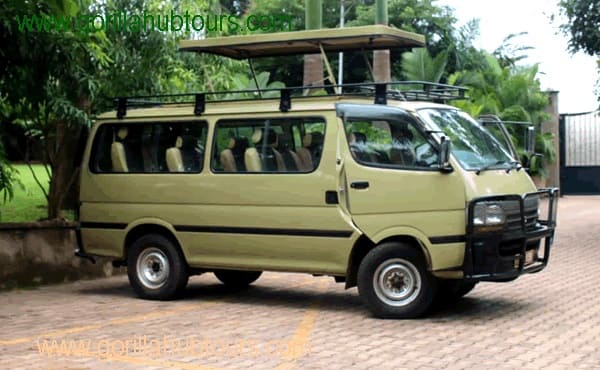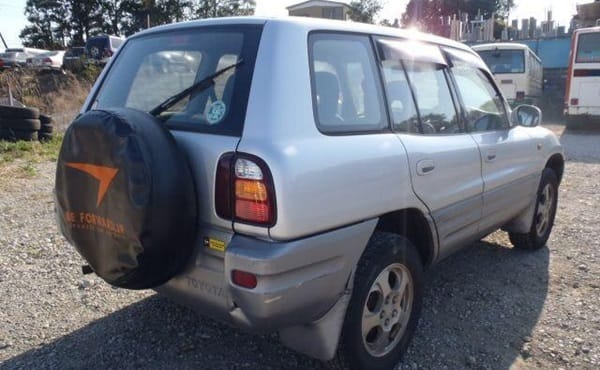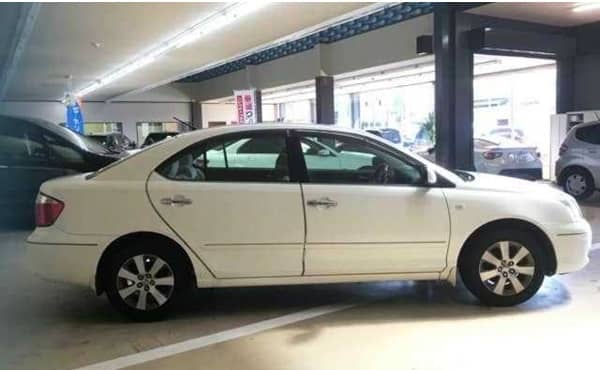Safari Car Rental In Tanzania
The Ultimate Guide to Safari Car Rental in Tanzania
Tanzania, a land of staggering natural beauty, wildlife diversity, and cultural richness, is a dream destination for many travelers. From the iconic Serengeti National Park to the majestic Mount Kilimanjaro, this East African country offers some of the most unforgettable safari experiences in the world. But to traverse its vast landscapes and reach its remote wildlife sanctuaries, renting a car for a self-drive safari or with a driver-guide is often the best choice.
Why Opt for Car Rental in Tanzania?
Renting a car for your Tanzanian safari presents a myriad of benefits. It allows you the flexibility to design your itinerary, the freedom to move at your own pace, and the opportunity to access off-the-beaten-path destinations. Whether you’re a solo adventurer, a couple, or a family, having a private vehicle caters to your specific needs and preferences.
Things to Consider When Renting a Car in Tanzania
Renting a vehicle can be an exciting part of planning your next road trip, business travel, or even when your car is in the shop. The freedom of having a car at your disposal is great, but there are several important factors that you should consider before signing that rental agreement. From understanding the rental terms to choosing the right insurance, these considerations will help ensure that your experience is smooth and free of unexpected surprises.
Understanding Rental Terms and Conditions
Before you rent a vehicle, it’s critical to thoroughly read and understand the rental agreement’s terms and conditions. These contracts can sometimes be lengthy and filled with legal jargon, but it’s important to know what you’re agreeing to. Look for information on:
- Mileage limits: Some rental companies offer unlimited mileage, while others have a daily limit. Exceeding these limits could result in hefty fees.
- Fuel policy: Know whether you need to return the car with a full tank or pay the rental company for fuel. Often, prepaying for fuel is more expensive than refilling the tank yourself.
- Rental period: Be clear about the pick-up and drop-off times to avoid extra charges for late returns.
- Additional drivers: If someone else will be driving the rental car, they need to be registered with the rental company, which may incur additional fees.
Choosing the Right Rental Car
Selecting the right vehicle is another essential factor when renting a car. Here are some aspects to keep in mind:
- Size: Consider the number of passengers and the amount of luggage you’ll have. While a larger car offers more space, it also consumes more fuel.
- Fuel efficiency: If you’re planning a long trip, a fuel-efficient car can save you money.
- Comfort and features: Think about the comfort level you want and the features you need, such as GPS or a child car seat.
- Local terrain: If you’re driving in a mountainous area or off-road, you might need a vehicle with four-wheel drive.
Insurance Considerations
Insurance is a critical aspect of renting a car in Tanzania. While basic insurance might be included, it often comes with a high excess. Consider purchasing additional coverage, such as Collision Damage Waiver (CDW) or Theft Protection (TP). Also, inquire about coverage for undercarriage damage, which is common on rough roads, and windshield damage.
Booking Your Rental Car
It’s advisable to book your rental car in advance, especially during the peak tourist season. You can book online through international rental agencies or local companies. Local companies might offer better deals, but it’s crucial to read reviews and ensure they have a reliable reputation. When booking, consider the rental period, as longer rentals might provide a better daily rate.
Inspecting the Rental Car
Before you drive off, conduct a thorough inspection of the car in the presence of the rental agent. Take photos or videos of any existing damage to avoid disputes when returning the vehicle. Check that all lights and indicators are functioning, the tires are in good condition, and the spare tire and tools are present.
Navigating Tanzanian Traffic Laws
Familiarize yourself with Tanzanian traffic laws. Speed limits are typically 50 km/h in urban areas and 80-120 km/h on highways, but always look for posted signs. Seat belts are mandatory for all passengers, and the use of mobile phones while driving is prohibited without a hands-free system. Be aware that police checkpoints are common, and you should always carry your driver’s license, passport, and rental documents.
Driving Etiquette and Safety
Tanzanian drivers can be aggressive, and you may encounter erratic behavior on the roads. Maintain a defensive driving style, keep a safe distance from other vehicles, and be patient. Avoid driving at night when possible
Our Car Rental Vehicles
4×4 Vehicles
Our four-wheel-drive (4×4) is the most popular choice for safaris due to its ability to handle rough terrain and provide a comfortable ride even on unpaved roads. Models such as the Toyota Land Cruiser and Land Rover Defender are renowned for their ruggedness and reliability in the African wilderness. You won’t have to feel nervous about whether or not you have booked at the right time to get the best deal. You will always get the affordable price for your rental
Our 4×4 vehicle are modified specifically for safari with pop up roof, two spare tires and tool kits. All the vehicles are in good condition, most comfortable and certainly fun to drive. We want you to experience the uniqueness of our Tanzania wilderness, game reserves and the off road adventure. This is unforgettable life time experience.
Our Safari Car Rental possess a variety 4×4 safari vehicle with the capacity of 5 to 7 seater.



Minivans
For larger groups or families, a safari minivan with a pop-up roof offers a cost-effective alternative. These vehicles typically seat up to seven passengers and still provide good game-viewing opportunities.

Compact SUV
For la small group or families, a compact SUV such as Toyota RAV4, Suzuki Escudo offers a cost-effective alternative. These cars have sit capacity of 4 people and sufficient luggage room for your luggage.

Sedans
While a sedan might be suitable for urban areas or well-maintained roads, it’s not advisable for national parks or remote areas where the terrain can be challenging.
Rental Packages
At Wilds of Africa Company we offer various packages to cater to different needs. You can opt for a self-drive package if you’re confident in navigating the African terrain and have some experience in handling 4×4 vehicles. Alternatively, you can choose a package that includes a driver-guide, which is highly recommended for first-time visitors.
Self-Drive Safari
A self-drive safari gives you the ultimate independence, but it requires thorough preparation. You’ll need to be familiar with driving regulations in Tanzania, carry a valid international driving permit, and be comfortable with map reading or using GPS.
Driver-Guide Package
Hiring a vehicle with a driver-guide not only alleviates the stress of navigation but also enhances your safari experience. Our driver-guides are knowledgeable about local wildlife, culture, and the best spots for game viewing. They also handle any mechanical issues that may arise, allowing you to focus on enjoying your safari.
Tips for a Successful Safari Experience
- Book in Advance: Secure your rental well ahead of your trip, especially during peak tourist seasons.
- Plan Your Route: Research and plan your route carefully, taking into account the distances and driving times between destinations.
- Budget Accordingly: Factor in fuel costs, park entrance fees, and any additional expenses such as camping fees or accommodation.
- Respect Wildlife: Always maintain a respectful distance from animals, and follow the guidelines provided by conservation authorities and your driver-guide.
Preparing for Your Safari
Once you’ve booked your vehicle, it’s time to prepare for the journey ahead.
Documentation
Ensure you have all necessary documents, including your driver’s license, international driving permit, and any rental agreements or permits required for national parks.
Supplies and Equipment
Pack essential supplies such as water, snacks, a first-aid kit, and binoculars. Check that the rental comes equipped with a spare tire, jack, and tools.
Navigation
Have a detailed map of the areas you’ll visit and consider renting a GPS device or using a reliable GPS app on your smartphone.
Safety and Regulations
Familiarize yourself with local driving laws and speed limits. Always keep a safe distance from wildlife and never leave your vehicle in designated wildlife areas unless in designated safe zones.
Communication
Carry a local SIM card for your phone or a satellite phone to ensure you can communicate in case of an emergency.
